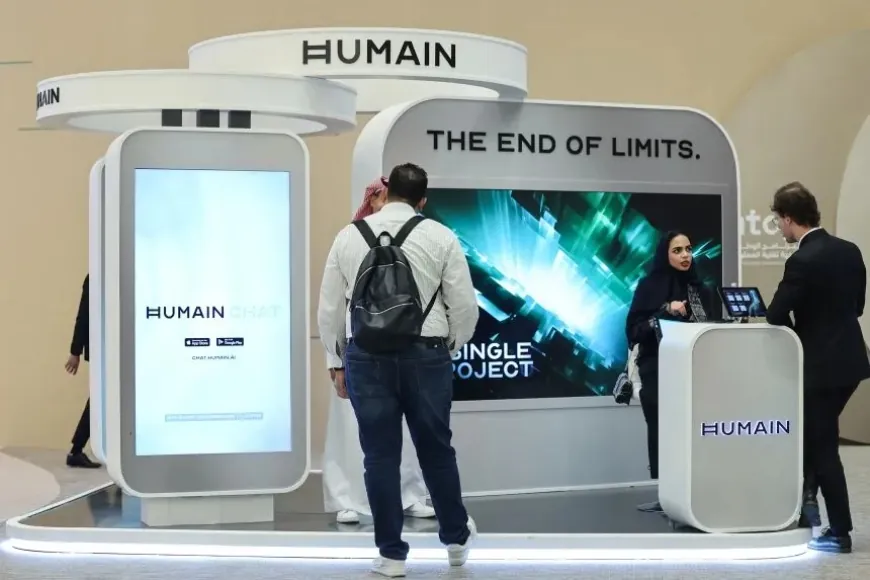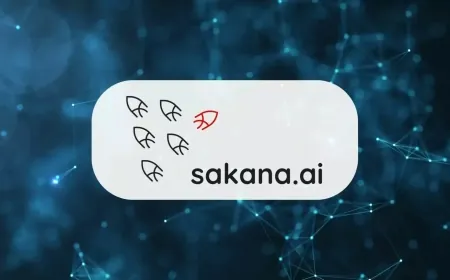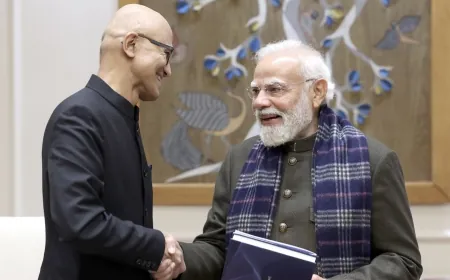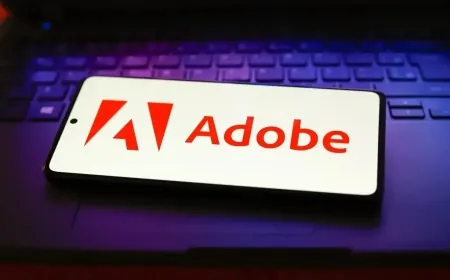US Gives Green Light for AI Chip Exports to Humain in Saudi Arabia
The US government is authorizing exports of advanced AI chips for Saudi Arabia’s Humain as President Trump and Crown Prince Mohammed bin Salman confirm an agreement covering tens of thousands of processors.

- ● The US is preparing to approve exports of advanced AI chips for the Saudi AI firm Humain.
- ● The approval is part of an AI agreement discussed during Trump’s meeting with Crown Prince Mohammed bin Salman.
- ● The approval involves tens of thousands of AI chips.
- ● Humain is waiting for US permits to buy processors from Nvidia, AMD, Qualcomm, and Groq.
- ● Humain plans to deploy up to 400,000 AI chips by 2030 and build 6.6 gigawatts of computing capacity by 2034.
The United States is preparing to allow American chipmakers to sell advanced AI processors to Humain, Saudi Arabia’s state-backed artificial intelligence company. The decision is expected during Crown Prince Mohammed bin Salman’s visit to Washington for talks with President Donald Trump.
The upcoming approval is part of an agreement the two governments are finalizing on AI cooperation. Under this arrangement, the US will review a fixed number of export requests for Saudi Arabia with fewer delays, restoring access to hardware that has required special permission since 2023. The clearance will apply to shipments meant for Humain as well as to US firms building data centers in the kingdom.
President Trump confirmed that both sides are working on a chip-related deal, saying it will cover “certain levels of chips.” One official involved in the discussions said the number of processors under consideration is in the tens of thousands.
Treasury Secretary Scott Bessent later said Saudi Arabia would be linked with major US technology companies and that a Saudi startup would receive a smaller batch of chips to begin development. He did not name the companies involved.
A decision from Washington would open the door for major semiconductor producers, including Nvidia and AMD, to expand in the Gulf. Saudi Arabia has been spending heavily on AI infrastructure, making it one of the fastest-growing destinations for advanced computing hardware.
Humain has been waiting for export permits for processors from several US suppliers. The company says access to these chips is necessary for its large-scale AI systems and data-center plans.
The agreement comes after months of discussions between Washington and Riyadh regarding how the chips will be used and safeguarded. The US has restricted AI hardware sales to China since 2022 and added dozens of additional countries, including Saudi Arabia, to tighter control lists the following year. The US has kept those rules in place while working with Saudi Arabia on specific terms tied to technology security.
Saudi officials have publicly stated that the kingdom would adjust its partnerships if the US requested it. Humain has also pledged not to buy equipment from Huawei, which has been trying to secure AI chip customers in Saudi Arabia.
Humain was launched six months ago with the crown prince serving as chairman. Backed by the Public Investment Fund, the company is positioned as the main vehicle for the kingdom’s AI build-out. In October, Saudi Aramco signed a preliminary agreement to acquire a significant minority stake in the company.
During his White House meeting, the crown prince said artificial intelligence would play a central role in the country’s future economy. He said Saudi Arabia expects to spend around $50 billion on semiconductors in the near term. Humain plans to deploy as many as 400,000 AI chips by 2030.
The company has released an Arabic-language chatbot, an operating system, and several software tools. Its primary offering to US tech firms is access to low-cost power for large data centers. Humain has committed to building 6.6 gigawatts of computing capacity by 2034—an output large enough to match some of the biggest AI infrastructure projects planned worldwide.
Also Read: Saudi Arabia Partners with Nvidia to Build Massive AI Infrastructure as Trump Visits Gulf

































































